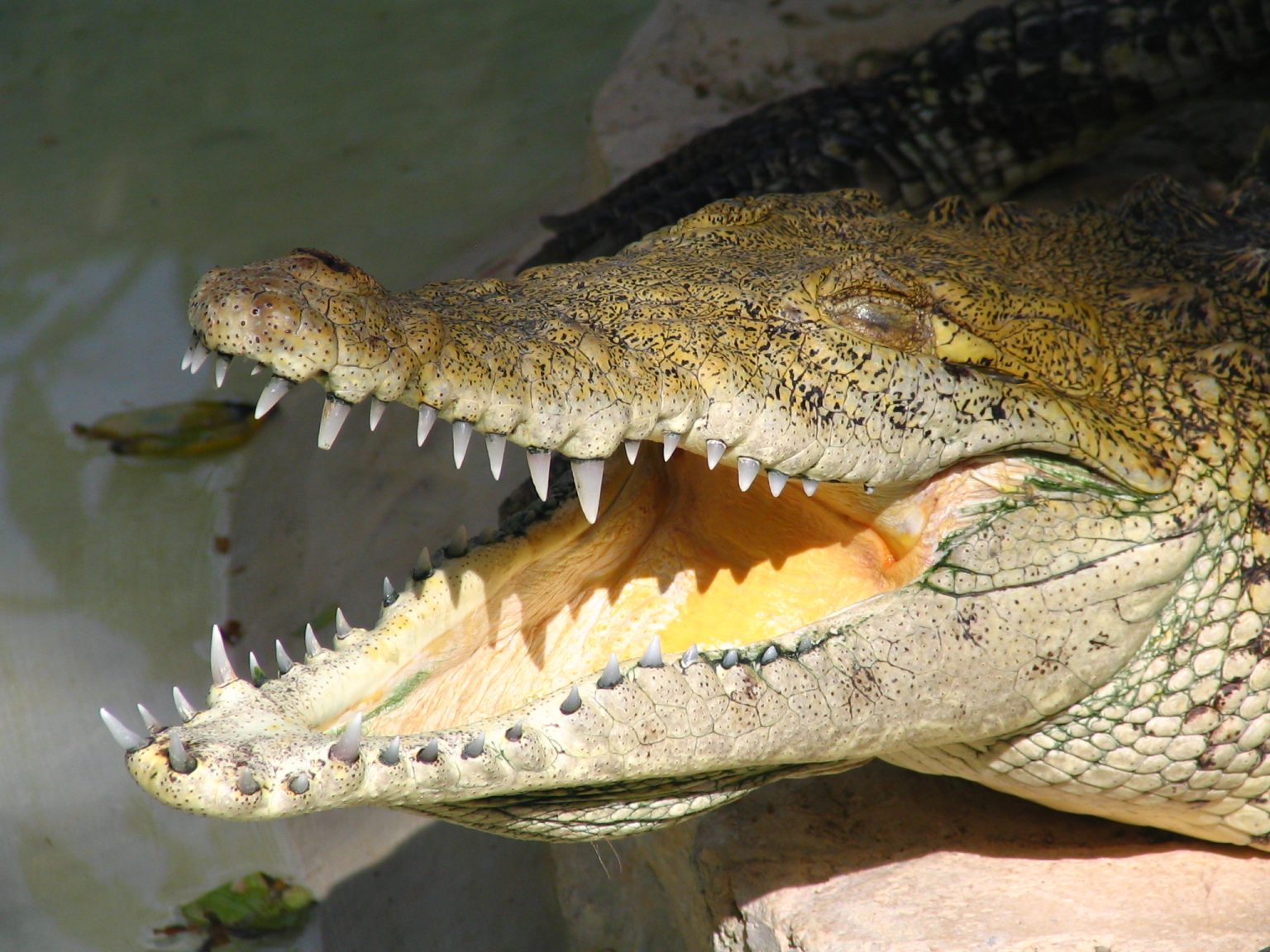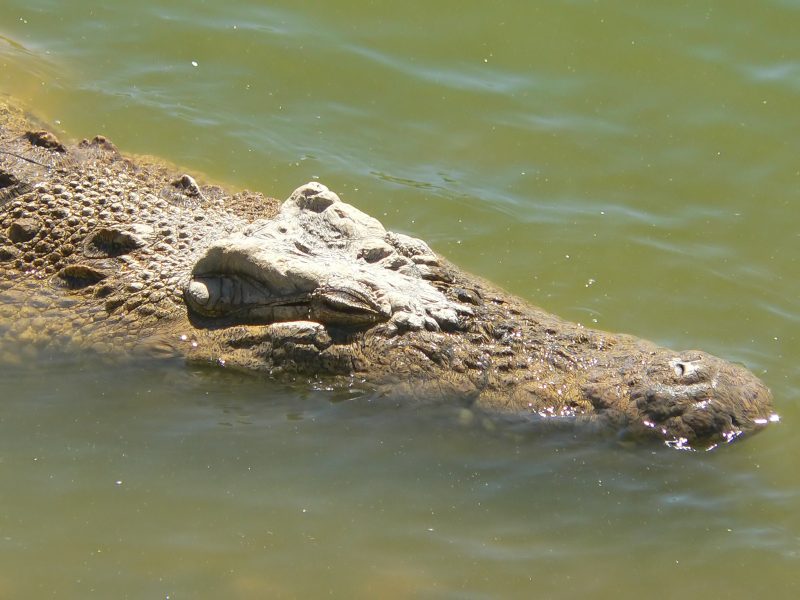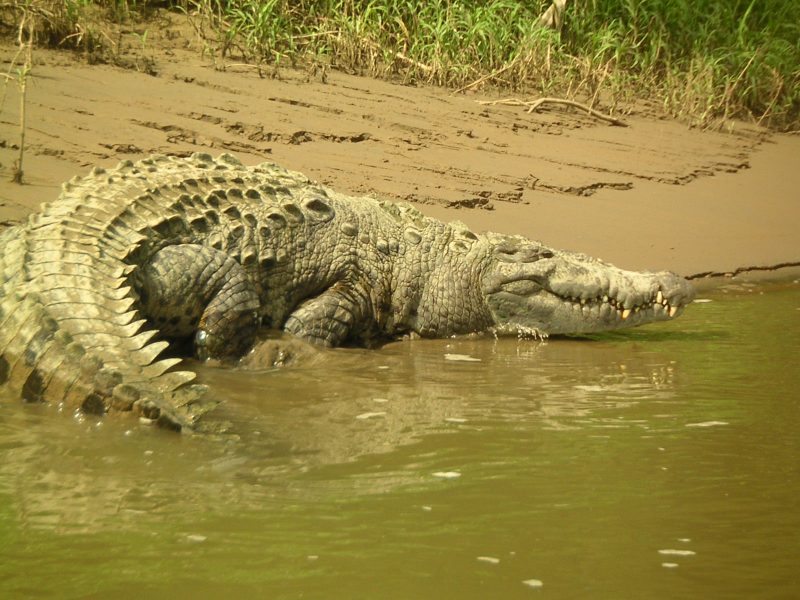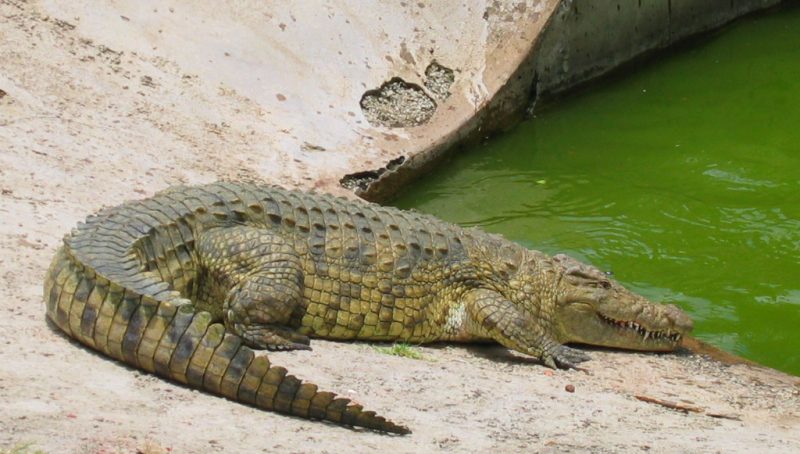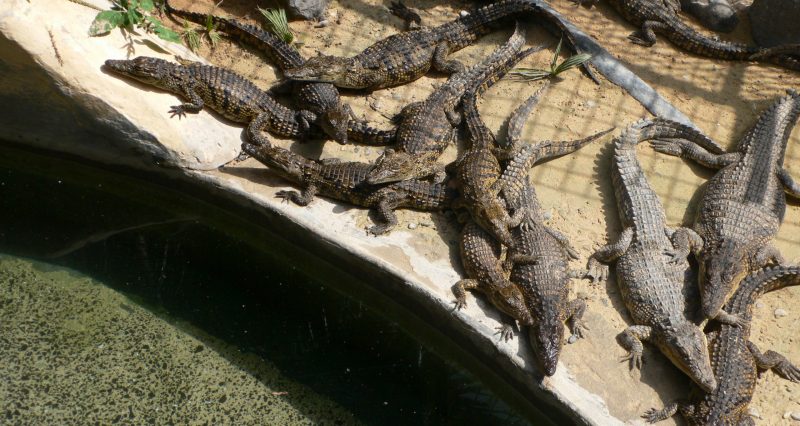Understanding Crocodile Worship In African Cultures
Crocodiles, as ancient creatures that have roamed the Earth for millions of years, have long captured human imagination and reverence. In various African cultures, the crocodile holds a significant place in spiritual and religious practices. Sometimes people revere it as a sacred animal. This practice of crocodile worship has deep connections in African traditions. The creature symbolises a wide range of concepts such as power, survival, and transformation. In this article, we will explore the meaning of crocodile worship in African cultures. Its spiritual significance continues to shape cultural practices today.
Symbolism of crocodiles in African culture
In many African cultures, the crocodile is a symbol of strength, resilience, and wisdom. Their association with water, particularly rivers and lakes, ties them to life force energy. In some cases, they are the protectors of these sacred waters.
Crocodiles are often both fierce and protective, embodying a dual nature that makes them potent spiritual symbols. Their ability to live in both water and on land symbolises balance between different realms. The physical and the spiritual, the conscious and the unconscious, and the known and the unknown are some of them. For this reason, people do not merely fear this creature but are they revere it as spiritual guides and powerful entities in African mythology.
Key symbolism of crocodiles in African tradition:
-
- Protection: The crocodile is often a protector of sacred spaces, particularly waterways. The animal’s territorial nature and its fierce guarding of its habitat make it a symbol of guardianship and defense of sacred lands.
- Strength and endurance: Crocodiles have lived for millions of years, surviving changing environments and climates. In African culture, the crocodile’s endurance is a metaphor for overcoming hardship, teaching the value of patience and persistence.
- Transformation: Given the crocodile’s ability to move seamlessly between water and land, it often symbolises transformation and change. This can symbolize the ability to adapt to different circumstances or to experience personal growth and spiritual renewal.
- Spirituality and healing: In some African traditions, crocodiles have healing powers. The animal’s connection to water, which is a symbol of emotional and spiritual cleansing, makes it an important figure in rituals and ceremonies aimed at healing both the body and soul.
Practice of crocodile worship in Africa
The worship of crocodiles in Africa is not a uniform practice and varies significantly from one culture to another. However, there are several regions across the continent where crocodile worship is particularly prominent. These practices often have links to ancient rituals, local folklore, and spiritual beliefs that their ancestors have passed down through generations.
1) Crocodile cult of the Dagara people
The most well-known example of crocodile worship in Africa is the crocodile cult of the Dagara people, who live in the Upper West Region of Ghana and the Burkina Faso region in West Africa. Among the Dagara, the crocodile is a sacred animal with connections to the spiritual realm. They believe that crocodiles are the messengers of the spirits, particularly those of their ancestors.
The Dagara people often hold ceremonial rituals near crocodile-infested rivers or lakes, and the creatures are act as intermediaries between the physical world and the spiritual world. These rituals involve offerings, prayers, and dances intended to honor the crocodile’s role as a protector and spiritual guide.
Interestingly, the Dagara also believe that humans and crocodiles have deep connections through their shared existence in the realm of the dead, and as such, the crocodile have the ability to bridge the gap between life and death. They treat the animals themselves with great respect, and they do not do any harm to them during these ceremonies. In fact, the crocodiles can roam freely among the participants, symbolising the presence of ancestral spirits during the ritual.
2) Crocodile worship in Ancient Egypt
While ancient Egypt is not located in sub-Saharan Africa, its influence has permeated African cultures, and many Egyptian religious practices have spread across the continent. The crocodile was particularly significant in the ancient Egyptian religion, where it has close associations with the god Sobek. Sobek, the god of the Nile and fertility, is a crocodile-headed man or as a full crocodile.
Sobek’s connection to the Nile River and its waters made him an important deity in Egyptian mythology. Crocodiles, being the dominant predators in the Nile, were a reflection of Sobek’s power and authority. The worship of Sobek in Egypt was widespread, with temples dedicated to him in various regions, particularly in the city of Crocodilopolis. The Egyptians believed that Sobek had the ability to offer protection, ensure fertility, and provide healing.
Sobek temples often had live crocodiles. People treated them as sacred creatures. People revered these crocodiles as the earthly manifestations of Sobek, and they treated them with great care. Priests and worshippers would offer sacrifices and prayers to these crocodiles, believing that they had the power to bring blessings to their communities, particularly in terms of agricultural fertility and protection against enemies.
3) Crocodile worship in the Yao tribe
In the Central African region, particularly among the Yao people, crocodile worship plays a significant role in both religious and cultural life. The Yao people live in parts of Mozambique, Tanzania, and Malawi, and they believe that crocodiles have a direct link to their ancestors. Much like the Dagara people, the Yao hold sacred rituals near bodies of water where crocodiles are present, where the animals were protectors of the community.
The Yao people believe that the spirits of their ancestors reside in the crocodiles, and as such, they treat them with reverence and respect. Crocodiles are often symbols of ancestral strength and protection. In some instances, it is believed that if a person disrespects the crocodile or harms one, they will suffer the wrath of the ancestors. To avoid this, the Yao perform ceremonies that honor the crocodiles and seek to strengthen their relationship with the spirits that the animals embody.
4) Crocodile worship in the Togo and Benin region
In parts of Togo and Benin, crocodile worship is closely tied to the practice of Vodun, the traditional religious belief system of the region. Vodun is a belief system that involves the worship of spirits and deities that are associated with natural forces, including animals. In these cultures, crocodiles are viewed as powerful symbols of protection, wisdom, and spiritual insight.
In these regions, sacred crocodiles are often kept in special enclosures or sanctuaries near rivers and lakes. Rituals and offerings are made to honor the crocodiles, and these animals are believed to have the ability to influence both the physical and spiritual realms. Crocodile worship in these areas often involves dance, music, and chanting as ways to commune with the spirits.
Role of crocodile worship in African communities
Crocodile worship in African cultures goes beyond just religious significance; it is also an essential part of the social and cultural fabric of the communities that practice it. The worship of crocodiles serves multiple purposes:
- Cultural identity: Crocodile worship is a key component of the identity of the communities that revere the animal. It provides a sense of unity and shared belief, strengthening the bonds between people and their traditions.
- Spiritual guidance: For those who worship crocodiles, the animals serve as intermediaries between the physical and spiritual realms. The presence of the crocodile is believed to offer guidance, protection, and wisdom. Many African communities seek the crocodile’s assistance in matters of health, fertility, and prosperity.
- Preservation of nature: In areas where people revere crocodiles, there is often a deep respect for nature and wildlife. Because crocodiles are protected as sacred beings, there are regulations against hunting or harming them. This respect for nature can extend to other animals and the environment in general, fostering a culture of conservation.
- Ritual healing: Many communities also believe that crocodiles have healing properties. The animal’s connection to water, which is a source of life and cleansing, makes it a central figure in rituals designed to promote spiritual and physical healing. People may come to these sacred crocodiles in times of illness or distress, seeking their protection or intervention.
Africans worship crocodiles
Crocodile worship is a profound and ancient practice deeply embedded in various African cultures. The Dagara people in West Africa and Yao of Central Africa revere the creature deeply. Ancient Egyptians and Vodun practitioners of Togo and Benin also worship crocodiles. The reverence for crocodiles serves as a reminder of the complex relationship between humanity and the natural world. The crocodile, as a symbol of power, protection, endurance, and transformation, continues to inspire awe and respect in these communities.
Through sacred rituals, ceremonies, and spiritual practices, crocodile worship serves not only as a means of honouring these creatures. It is also a way to maintain spiritual balance. This brings unity within African societies. As we explore the rich traditions of African spirituality, the role of animals like the crocodile will remain an essential part of understanding how ancient beliefs continue to shape the modern world.

